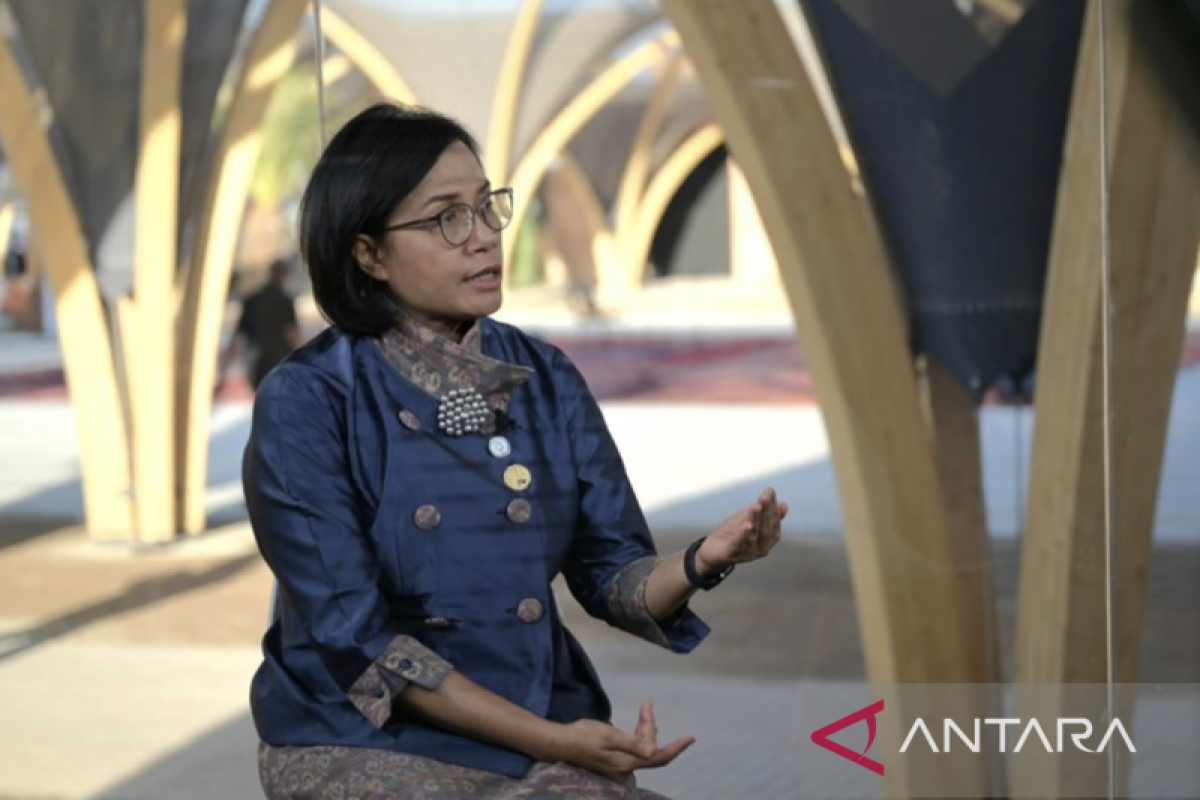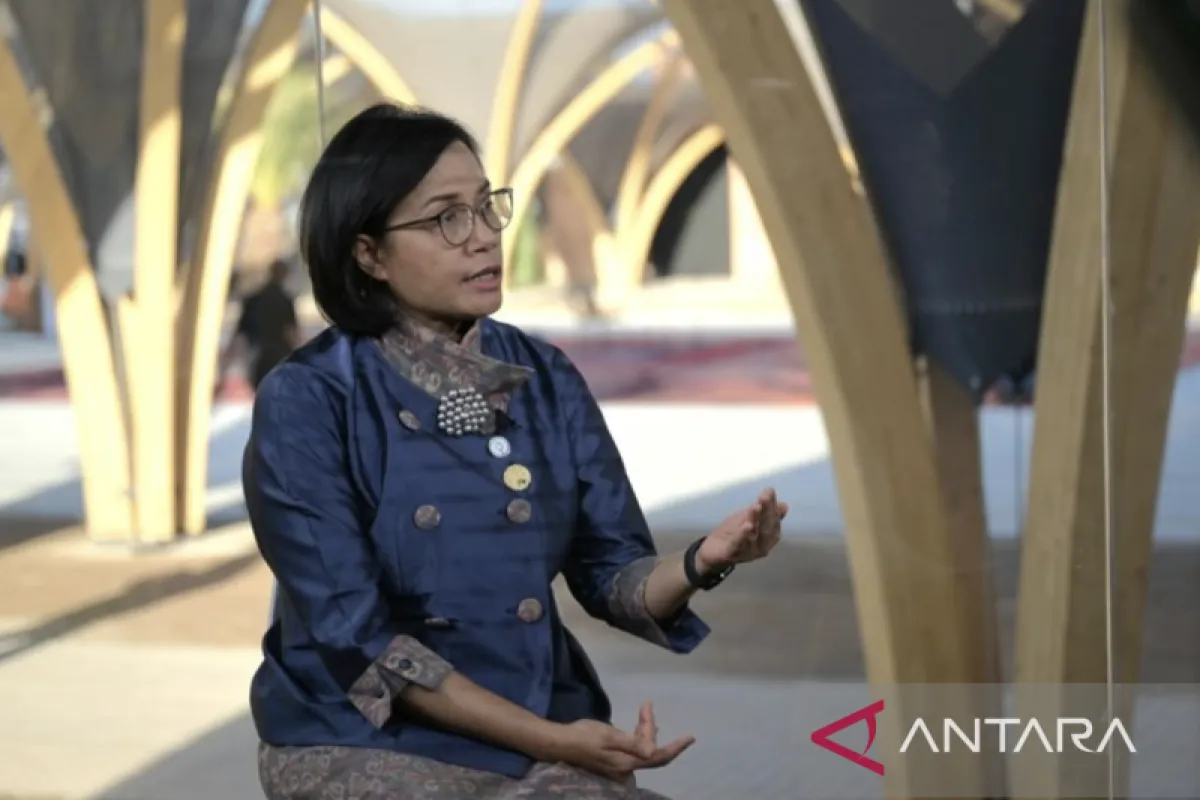Jakarta (ANTARA) - The Indonesian Government has been promoting and implementing its downstream policy to solidify the country's economic foundations amid geopolitical tensions, Finance Minister Sri Mulyani stated.
Minister Mulyani noted that the government devised the policy to optimize Indonesia's abundant natural resources, including mineral resources that are highly valuable to electric vehicle industry, like nickel.
"Hence, in the context of global trade, the government is implementing the downstream policy to increase Indonesian products' added value and strengthening the country's external balance," she noted in a written statement received here on Sunday,
She observed that the recently mounting geopolitical tensions could trigger uncertainties and affect economic projections.
However, Indonesia could make the most of its abundant natural resources to navigate the dynamic global conditions, she said.
"Currently, we are focusing on improving and strengthening the economic structure. One of the efforts made is implementing the downstream policy through the construction of more smelters that will help us boost our products' added value and strengthen our external balance," she elaborated.
She further said that to strengthen Indonesia's economic foundations, the government has also been implementing various regulations, such as the Tax Regulation Harmonization Act (HPP Law), Fiscal Relations Between Central Government and Regions (HKPD) Law, and Financial Sector Development and Strengthening (P2SK) Law.
The efforts to solidify the economic foundations also include improvements in the banking sector, non-bank financial institutions, management of pension funds, and stock exchange, she said.
Minister Mulyani then added that the newly launched Indonesia Carbon Exchange (IDXCarbon) is also part of the government's initiatives to help the country strengthen its economic foundation.
Earlier on September 26, during the Finance Ministry's Media Gathering in Bogor, West Java, Chief Economist of state-owned Bank Mandiri opined that the downstream policy could become one of the keys to maintain the investment performance during the 2024 political year.
Baca juga: Srikandi BUMN mengajak mahasiswa Unsoed sigap hadapi perubahan teknologi
Baca juga: Srikandi BUMN ajak perempuan kembangkan kompetensi dan talenta
He also said the government could further expand the application of the policy to minerals beside nickel to seize opportunities in the enormous potential of the electric vehicle industry.
Minister Mulyani noted that the government devised the policy to optimize Indonesia's abundant natural resources, including mineral resources that are highly valuable to electric vehicle industry, like nickel.
"Hence, in the context of global trade, the government is implementing the downstream policy to increase Indonesian products' added value and strengthening the country's external balance," she noted in a written statement received here on Sunday,
She observed that the recently mounting geopolitical tensions could trigger uncertainties and affect economic projections.
However, Indonesia could make the most of its abundant natural resources to navigate the dynamic global conditions, she said.
"Currently, we are focusing on improving and strengthening the economic structure. One of the efforts made is implementing the downstream policy through the construction of more smelters that will help us boost our products' added value and strengthen our external balance," she elaborated.
She further said that to strengthen Indonesia's economic foundations, the government has also been implementing various regulations, such as the Tax Regulation Harmonization Act (HPP Law), Fiscal Relations Between Central Government and Regions (HKPD) Law, and Financial Sector Development and Strengthening (P2SK) Law.
The efforts to solidify the economic foundations also include improvements in the banking sector, non-bank financial institutions, management of pension funds, and stock exchange, she said.
Minister Mulyani then added that the newly launched Indonesia Carbon Exchange (IDXCarbon) is also part of the government's initiatives to help the country strengthen its economic foundation.
Earlier on September 26, during the Finance Ministry's Media Gathering in Bogor, West Java, Chief Economist of state-owned Bank Mandiri opined that the downstream policy could become one of the keys to maintain the investment performance during the 2024 political year.
Baca juga: Srikandi BUMN mengajak mahasiswa Unsoed sigap hadapi perubahan teknologi
Baca juga: Srikandi BUMN ajak perempuan kembangkan kompetensi dan talenta
He also said the government could further expand the application of the policy to minerals beside nickel to seize opportunities in the enormous potential of the electric vehicle industry.


